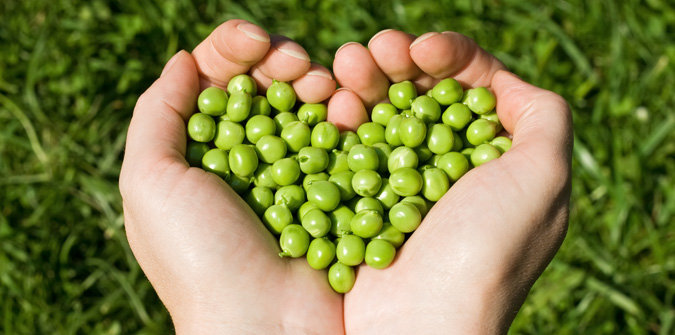Healthy Heart tips
Coronary heart disease is the number one cause of death in the UK and the greatest single cause of premature death in men. It develops when our arteries become narrowed by the build up of plaque (cholesterol and deposits) known as atherosclerosis. The blood supply then becomes reduced leading to chest pain, or an irregular heart beat. If arteries become completely blocked with more plaques a blood clot will form and block the supply of blood to parts of the heart causing a heart attack.
There are many risk factors that are associated with heart disease. The more risk factors you have the higher the likelihood you will get coronary heart disease.
A few of the risk factors you can’t reduce like having a family history of heart disease, however, you can alter your diet and lifestyle and that can significantly reduce your risk of developing heart disease.
Dietary ways of reducing your risk of heart disease:
Diet plays an important role. Improving your diet by eating more fruit, vegetables, wholegrains, foods containing phytochemicals such as flavonoids, foods rich in folate and B vitamins are thought to play a protective role.
Top tips to help reduce your heart disease risk
For more diet, health, food and fitness information visit www.weightplan.com
Tags: healthy, healthy lifestyle, heart, heart disease, heavy drinking, obesity, oily fish, omega 3, processed foods, smoking, stress
There are many risk factors that are associated with heart disease. The more risk factors you have the higher the likelihood you will get coronary heart disease.
- Old age (most heart attacks happen in the over 70’s).
- Hereditary
- Diabetes
- High Cholesterol
- High Triglycerides
- High blood pressure
- Smoking
- Heavy drinking
- Lack of exercise
- Stress
- Obesity
A few of the risk factors you can’t reduce like having a family history of heart disease, however, you can alter your diet and lifestyle and that can significantly reduce your risk of developing heart disease.
Dietary ways of reducing your risk of heart disease:
Diet plays an important role. Improving your diet by eating more fruit, vegetables, wholegrains, foods containing phytochemicals such as flavonoids, foods rich in folate and B vitamins are thought to play a protective role.
- A good balance of omega 3: omega 6 fats in the diet, which means eating more oily fish and vegetable sources of omega 3; such as flaxseed, or walnuts and reducing our intake of vegetable oils.
- Tea has been shown to have a protective benefit as it contains antioxidant.
- Eating a diet high in red meat and salt has been show to increase your risk, the Imperial Cancer Research fund found vegetarians to have a much lower risk of dying from heart disease.
Top tips to help reduce your heart disease risk
- Choose a diet rich in fruit and vegetables, wholegrains and antioxidant rich foods and drinks as this can reduce heart disease by 20%.
- Choose skimmed milk and half fat dairy products, or soya.
- Swap coffee for teas during the day to get the antioxidant benefit.
- Eat less meat, meat products, lard, butter and use olive oil sparingly to cook with. Try baking and grilling and poaching instead of frying or roasting. Use less vegetable oils, processed foods, pastries and cakes.
- Have oily fish in the diet at least twice per week (mackerel, sardines, salmon) or eat vegetarian sources such as walnuts, walnut oil on salads, or flaxseeds on your porridge. Omega 3 fats can help thin the blood and help prevent clotting.
- Eat more beans, pulses and lentils to give you more soluble fibre added in to soups, stews and casseroles.
- Mediterranean style diets have been shown to have protective benefits.
- There is recent work linking low homocysteine levels and increased risk of heart disease. It appears that low levels of B vitamins especially B6 may be involved, so making sure you have adequate pulses and green vegetables in the diet.
- Choose porridge/oatmeal for breakfast which is high in soluble fibre and can help to reduce cholesterol, add a small sprinkle of nuts and seeds with berries and this will offer both omega 3 and antioxidant benefits.
- Drink sensibly within safe limits.
- Keep you salt to a minimum which helps to bring down high blood pressure, do not add salt at the table, limit salty foods and processed foods that tend to be high in salt. Ideally aim for less than 6g per day
- Give up smoking – ask your doctor to help.
- Reduce stress in your life (meditation, yoga or exercise).
- Become more physically active, by taking more regular aerobic exercise every day will half your risk.
For more diet, health, food and fitness information visit www.weightplan.com
Tags: healthy, healthy lifestyle, heart, heart disease, heavy drinking, obesity, oily fish, omega 3, processed foods, smoking, stress

